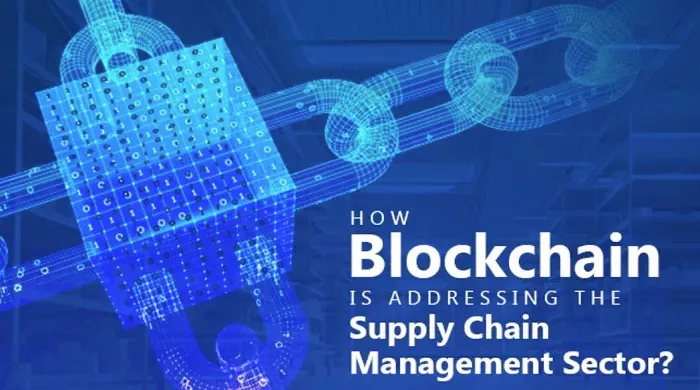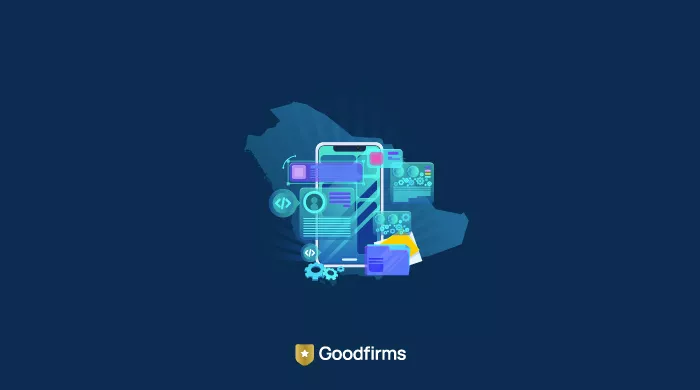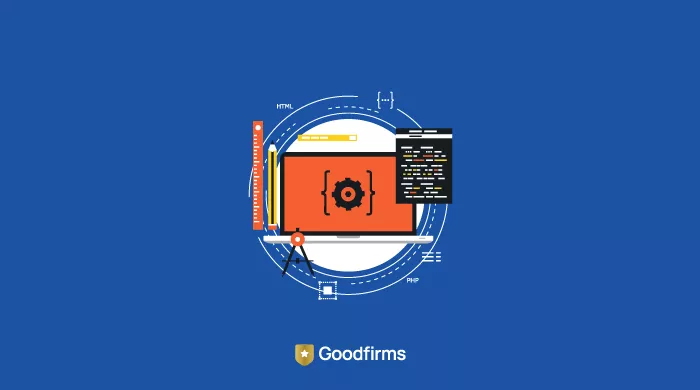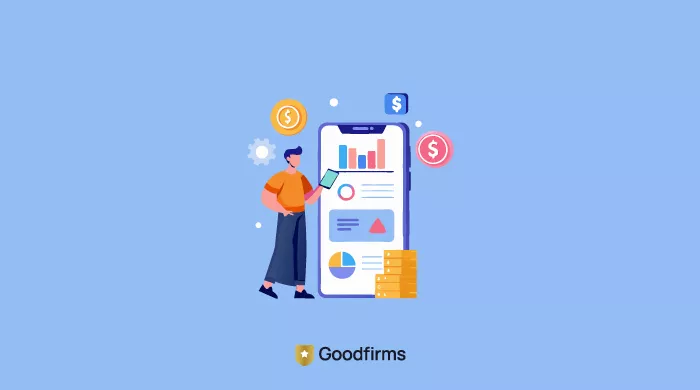The Internet of Things is significantly transforming almost all industries, including the transportation sector. With the real-time monitoring feature, the transport managers can simplify industrial functioning as well as supply chain operations and keep a check upon every detail of the asset involved in all processes.
IoT is a sensor-based technology, which improves an asset's capability by extracting data and provides insightful information. The gathered information becomes helpful at the time of taking decisions and strategizing for overall business growth. It provides quick access to the historical records collected through sensors and enhances the decision-making for better productivity and increased ROI.
Particularly, in the transportation sector, you can integrate IoT technology to gain better results on driver’s driving habits, communicate uninterruptedly throughout the delivery process, get instant alerts on the connected device regarding any route diversion or vehicle conditions. Thus, we can say IoT technology, when integrated, does a better job in assisting better communications, providing remote controls, and processing information across the entire transport ecosystem. Let's study an overview of IoT's existence in the transportation industry.
IoT in Transportation: A Market Overview
IoT is a versatile technology that extends its applications to all the aspects of transportation systems such as vehicle, infrastructure, drivers, etc. It enables a dynamic interaction between all the interconnected components of transport systems. We can say, utilizing IoT concepts brings an easy way out with all the inter and intra transport communication, real-time traffic updates, intelligent parking, electronic toll collection, smart logistics, and fleet management.
Moreover, the fleeting industry is undergoing enormous transformations with the introduction of IoT concepts such as smart trucks. The industry is utilizing machine-to-machine (M2M) communication methods to manage and transmit essential information during fleet operations. For instance, sensors are helping the managers to gain unprecedented industry insights like tire pressure and vehicle location. This is proving productive and useful in many ways especially in analyzing the situations and gain better results.
Also, IoT is helping curb environmental issues at significant levels. With the help of IoT technology, on-site vehicle visits have been reduced greatly by 68%, which has lowered fuel consumption and resulted in a minimized carbon footprint. On the other hand, the IoT solutions make use of a cloud platform to predict road mishaps, aiming to reduce the accidents/injuries due to rash driving and poor connectivity, thereby increasing the overall vehicle’s efficiency by 15%. It is thus creating an effective impact on the logistics department by significantly reducing maintenance costs. We can say that IoT, in the coming years, can extend its potentiality along with boosting the capabilities of multiple industrial assets. The market significance of IoT technology in the transportation sector is booming at a rapid speed. Similarly, its applications are no less in terms of providing end-to-end services and real-time processing.
Let’s learn the unique applications of IoT in the transportation sector.
Applications of IoT in the Transportation Industry
Cargo Monitoring
With the advent of IoT technology, transporting goods is safer and secure as compared to traditional ways. IoT-based cargo monitoring is helping the transportation industry to enhance its performance during supply chain operations. It further improves the overall efficiency of transporting goods in the market. With the rising demands and production supplies, there is a dire need to have a real-time based cargo monitoring system. The transport businesses utilize a huge number of cargo and containers to move goods from place to place, which require constant supervision to avoid unnecessary thefts and cargo losses. The most useful method to keep a real-time check on every cargo is sensor-based technology i.e., IoT. It integrates well with the entire process of goods transportation and provides better results in comparison to using manual methods. It alerts you about the exact condition of the product and immediately notifies you in case of any trouble. Also, you can eliminate the extra cost of manual inspection and get error-free results with the help of IoT-powered solutions in cargo monitoring. Therefore, to ensure goods safety and perform timely deliveries, IoT-powered cargo monitoring offers a better chance to grow your business.
GPS Fleet Tracking
How desirable of the IoT developers that they introduced a real-time system to track your vehicles? It is one of the most prominent concepts of all times that with the help of GPS tracking you can keep a constant watch on the fleet vehicles. Whether the route they are following is correct, product safety, delivery time estimations, vehicle conditions, and every other thing related to product deliveries is covered under IoT-powered GPS fleet tracking. We can further say that IoT knows your vehicle well via data collected through sensors. It saves the required data to analyze the situations for better outcomes. It also facilitates remote operability that lets you track your fleet anytime and from anywhere. This helps in reduced traffic congestion, timely deliveries, high-level automation, and route optimization whenever needed. IoT performs data-driven analysis that contributes towards better efficiency of the fleet vehicles and improves their performance significantly. You can also upgrade the IoT-powered fleet tracking by introducing weight monitoring for enhanced effectiveness. It would help curb the extra expenses due to overweight, keeps your vehicle safe against accidents, and gives you real-time weight measurement at all times.
Supply Chain Optimization
In the transportation sector, the supply chain is a vast domain that deals with the importing and exporting processes of goods. It is one of the prime segments in the fleeting sector, enabling easier and quick optimization of delivery schedules at any given time. Also, IoT technology allows the assets to work collectively through data exchange and displays useful information via computer systems or smart gadgets. It helps analyze the overall performance of the supply chain operation and simplifies the managerial tasks at considerable levels. Additionally, it enhances the value of the production by immediately administering the goods upon reception. The IoT-powered system automatically verifies the product tracking and validates their details as soon as they arrive at the destination. Furthermore, the managers can easily ensure the location of goods whether they are in rest or motion. IoT technology enables predictive analysis for any issue that might occur during the goods transit like product delays or losses, which helps in taking better decisions and necessary actions. You can also avail of IoT technology in the supply chain for efficient product storage and distribution due to simplified goods access within the warehouse.
IoT in transportation is enabling immense benefits to the industry and its users. The IoT devices mainly rely on good network connectivity to provide the required services. Also, it depends on how the devices are being installed and powered to enable proper industrial functioning. Hence, here are the benefits that make the use of IoT technology more countable and reliable in the transportation sector.
Benefits of Using IoT in the Transportation Industry
Steadfast Connectivity
IoT technology is all about the assets being connected and talking to each other like humans. The sensors installed on various assets in the transportation industry extract meaningful information and analyze it to infer results. IoT-powered solutions use the latest communication protocols that offer steadfast connectivity between the assets and keep the data secured at every level.
Predictive Analytics
IoT uses a unique concept of predictive analytics to ensure quick and better results. The fleet managers can identify the scope of productivity and demand-supply by performing predictive analysis through the extracted data. Also, it generates illustrative reports that are very useful at the time of business analysis. The concept thus aims in benefitting the industry at all angles, leaving no error behind that might hamper the ROI.
Smart Management
IoT is a disruptive technology that offers smart management of vehicles, warehouses, and other assets. With the installed sensors in various verticals, IoT simplifies the management tasks for the managers, and with just a click on their smart devices, they can easily know the position of the product inside the warehouse, and also the exact location of the vehicle in transit.
Automated Outcomes
Sensor devices and advanced gateways are the two main pillars of IoT architecture that enable automation within the industries. With the installation of sensors on fleeting assets, the results are obtained automatically over the connected computer screen or gadget. These outcomes help the managers to analyze their production, ROI, and qualify consistency between the supply and demand.
Integrating IoT technology with the transportation industry is doing wonders in terms of providing real-time information, analytics, automation, data-driven insights, and better decision-making. The constant developments in mobile-based applications and IoT technology are all set to take the transportation sector beyond the horizons in the future. IoT is making a real difference with its ability of precise monitoring and automation. It is greatly contributing towards the execution of progressive plans and establishing innovation in the transport industry.




.jpg)



